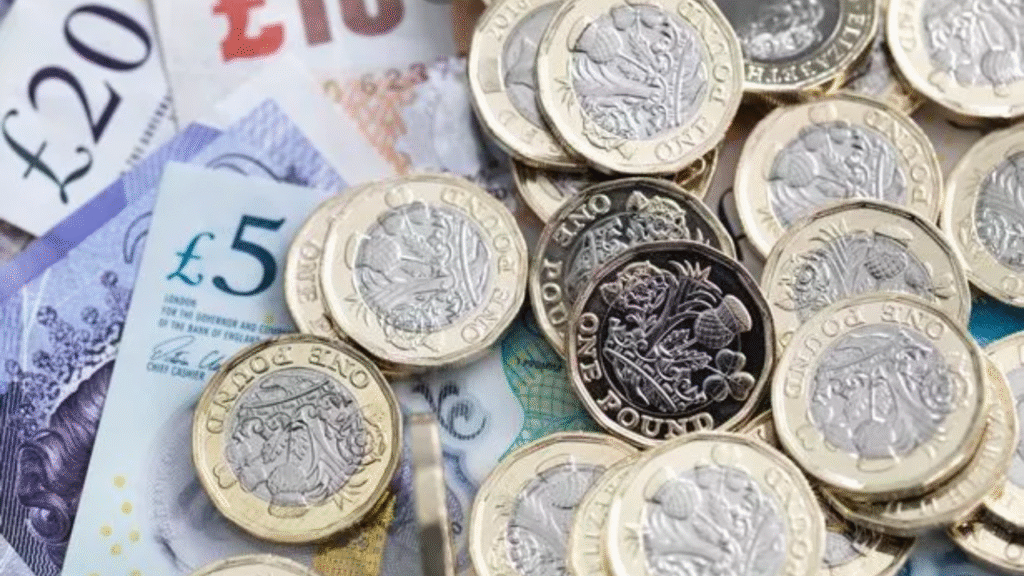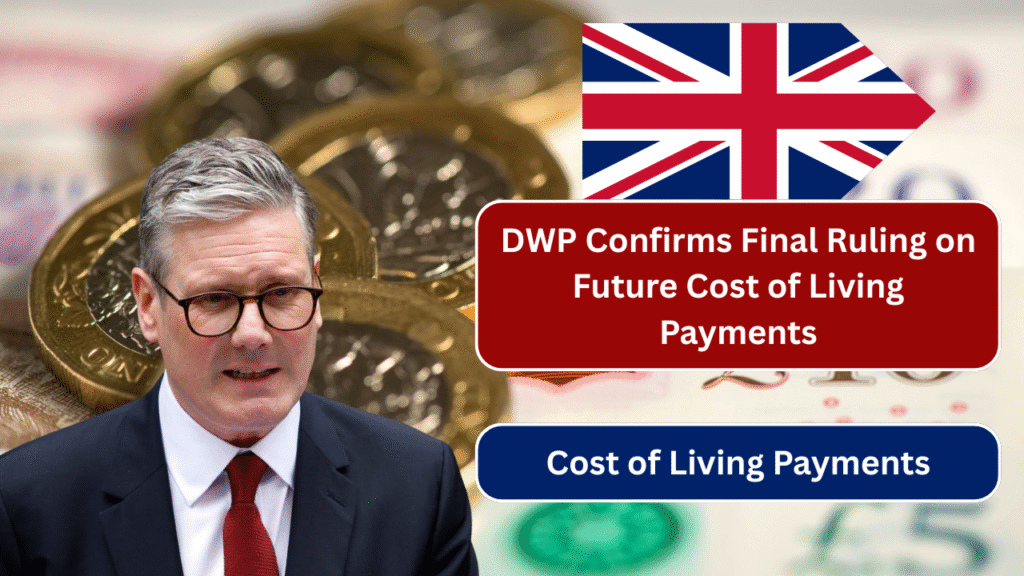The Department for Work and Pensions (DWP) has issued its final decision on the future of Cost of Living payments, confirming a new round of financial support to help low-income households weather the ongoing economic challenges. A £450 Cost of Living Payment will be delivered automatically to eligible individuals throughout May 2025, in addition to other supportive measures announced by the UK Government.
£450 Payment Confirmed for Millions
The DWP’s latest update outlines that households receiving means-tested benefits will receive a one-off £450 payment this month. This initiative aims to ease the burden on families and individuals struggling with rising food, energy, and housing costs.
According to the DWP, those eligible for this financial boost include recipients of:
- Universal Credit
- Income-based Jobseeker’s Allowance (JSA)
- Income-related Employment and Support Allowance (ESA)
- Income Support
- Pension Credit
This payment is automatic there is no need for claimants to apply. The government advises recipients to beware of scams, as no emails, texts, or phone calls will be made asking for personal information related to this payment.
Payment Schedule and Method
Payments began rolling out in early May 2025 and will continue over several weeks. The DWP has not specified exact payment dates for each individual, but it confirms that all qualifying recipients will receive the funds by the end of the month.
The funds will be deposited directly into the same bank account where regular benefits are received. If you believe you are eligible but have not received your payment by 31 May 2025, you can report a missing payment.
Additional Support: £200 and Universal Credit Boost
The DWP has also announced two supplementary measures to further support vulnerable households:
£200 One-Off Payment
In addition to the £450 support, a separate £200 payment is being made to eligible individuals to help cover essential costs. Though separate from the main Cost of Living Payment, this payment is also non-taxable and does not affect existing benefit entitlements.
More details are expected in an upcoming government update, but early reports suggest this payment will target those in particularly severe financial need, including households with children and those in receipt of disability-related benefits.

Changes to Universal Credit Deductions
As part of wider reforms to tackle debt within the benefits system, the government has revised the Fair Repayment Rate for Universal Credit claimants. This change reduces the amount that can be deducted from Universal Credit payments for individuals in debt or with advance payment obligations.
According to government estimates, this reform will result in an average annual boost of £420 per affected claimant.
Payments Are Non-Taxable and Do Not Affect Benefits
The DWP clarified that all the payments mentioned including the £450 and £200 support are not subject to tax and will not count towards the benefit cap. They also won’t reduce existing benefit entitlements, offering recipients full access to their intended financial support.
This is in line with the government’s ongoing strategy to offer temporary relief without permanent repercussions on benefits structures.
Reaction and Political Context
The confirmation of continued Cost of Living support comes amid growing political pressure following the UK’s local elections. Concerns over cuts to winter fuel payments and other welfare support prompted widespread criticism from both opposition parties and some Conservative backbenchers.
In response, Downing Street is reportedly re-evaluating proposed cuts to other welfare programs in light of voter sentiment.
How to Stay Updated
The DWP recommends that all recipients and potential claimants:
- Regularly check www.gov.uk for official updates
- Enable notifications through the GOV.UK subscription service
- Avoid clicking on suspicious links related to Cost of Living payments
The government has also published a comprehensive Cost of Living Hub where users can find the latest information about payments, household support funds, energy bill discounts, and more.
conclusion
As the UK continues to confront inflationary pressures, the DWP’s confirmation of new support measures brings temporary relief to millions of struggling households. However, long-term solutions to rising living costs remain a central challenge for policymakers heading into the next general election.
Eligible residents are advised to verify their payment status, stay alert for further announcements, and make use of official resources to maximize their support during this period.









